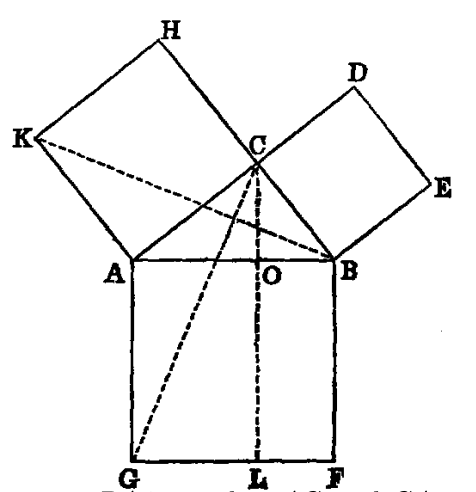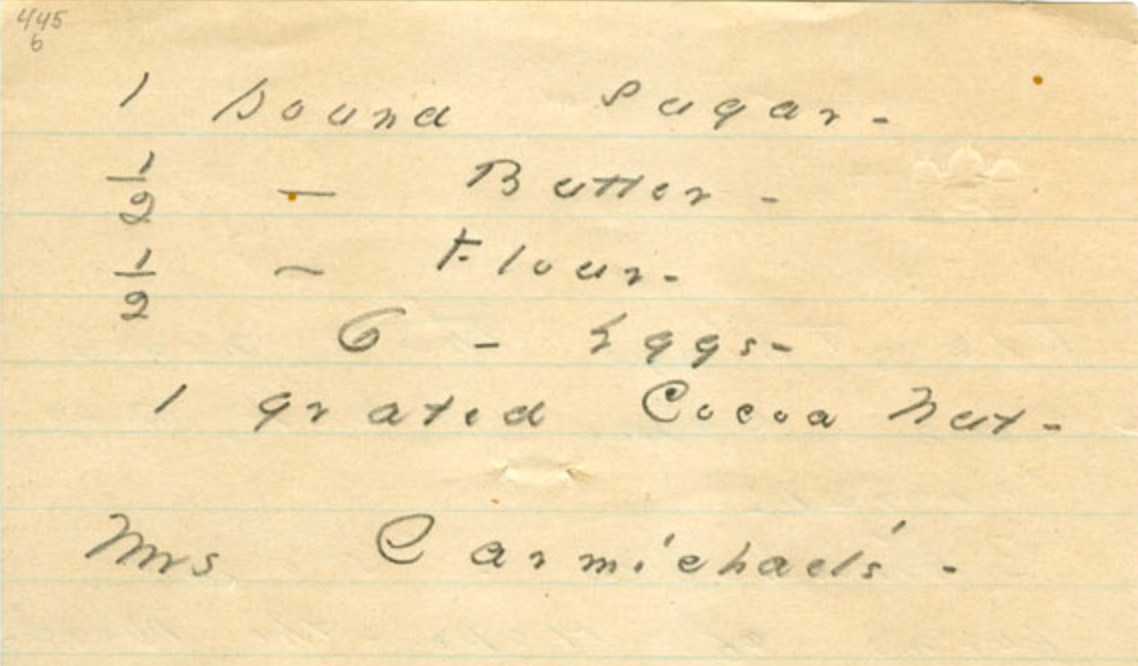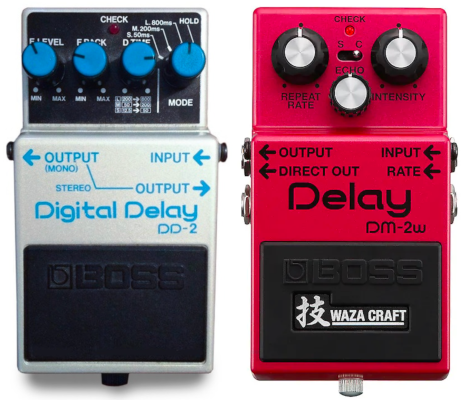z-elements
a workshop in personal music software development using the SuperCollider audio programming environment.
next session: saturday july 8, 2023, 12pm-3pm(+) PST
contact/enroll: ezra dot buchla at gmail dot com
on this page:
contact, pricing and logistics

introduction
(“cooking for the 5000”)

many of us eat simple foods for most of our meals in life. likewise, simple audio effects are always on hand and find frequent use in musical performance and production. but as with a loaf of bread or a cooked egg, there is a universe of variation within each elemental dish.
in this workshop we will seek to broaden and deepen our experience making audio effects in supercollider, with an emphasis on refining their playability and unique sonic/gestural qualities.
details
objectives
we will build a small suite of realtime audio effect processors, considering the most elemental components of each, and asking ourselves:
-
what are the assumptions and defaults at work?
-
how can we usefully question these assumptions to make fun and novel musical tools?
along the way we will move at a brisk pace through many features of the Supercollider environment and programming language.
who this class is for
participants should already have at least:
-
- a solid grasp on the fundamentals of SuperCollider, including (but not limited to):
total newcomers to supercollider may find this a challenging introduction. on the other hand, expert-level audio programmers or SC users may not have much to learn from this course. (but it may still be fun to hang out and share ideas!)
-
- basic familiarity with audio concepts such as (e.g.) frequency, amplitude, sampling, etc.
although we may delve into relatively low level signal-processing concepts (such as constructing arbitrary IIR filters from second-order sections), such excursions will take a “cookbook” approach to DSP, without much theory.
we will attempt to avoid using software engineering jargon and won’t dwell on SE issues such as architecture and performance optimization; this is rather an exercise in explorative design with practical side-results.
prerequisites
-
a computer running SuperCollider, appropriately configured for audio routing / sharing
-
headphones and a microphone
-
a MIDI controller of some kind (could be virtual)
-
a local clone of the course code repository github.com/catfact/z-elements. this starts with a minimal template of simple boilerplate code that we will build on.
structure
each iteration of the workshop will result in a new, unique instrument to play with. we’ve planned a number of subjects to explore, requiring different degrees of low-level investigation; later subjects will likely involve coding our own Unit Generators.
subject 1. delay / echo

our first subject is a primordial audio effect: the ability to recall and replay a sound over time. we will consider some of the history of delay effect designs both analog and digital, and use these as inspiration to incorporate non-obvious behaviors into a newly improvised design.
we will explore features and behaviors such as feedback, rate modulation, crossfading, stuttering and granulating, companding and tone-shaping, encountering and resolving non-obvious questions around performance controls and parameterization.
contact, pricing, logistics
-
the next (inaugural) workshop session will be held on saturday may 27, 2023, via Zoom.
-
the workshop will begin at Noon Pacific Standard Time, and last approximately 3 hours.
-
pricing is on a sliding scale: $50 - $150 per participant ($100 recommended.) payment can be arranged via paypal, venmo, or zelle.
-
workshop size will be capped at 10 participants.
-
a timestamped recording of the session will be made available to participants.
please contact me at ezra dot buchla at gmail dot com if you are interested in attending or if you have any other questions. please include z-elements in the subject line.
about me
my name is ezra buchla. i have been using SuperCollider to construct systems for many hundreds of live performances, since encountering version 1 in 1998 and subsequently attending workshops with James McCartney at CNMAT. my performance practice focuses on live processing of improvised string instruments, vocals, room tones and other ephemeral sounds, and has rarely been recorded.
i’m also responsible for designing and implementing much of the software for the monome norns platform, and have helped many of its most popular script authors find their footing in SuperCollider.
this is (nearly) my first time conducting a structured workshop on the topic in public. i’ve been preparing with many coding exercises and test runs, and am excited for this opportunity to refine my practice and exchange new ideas.
thank you!